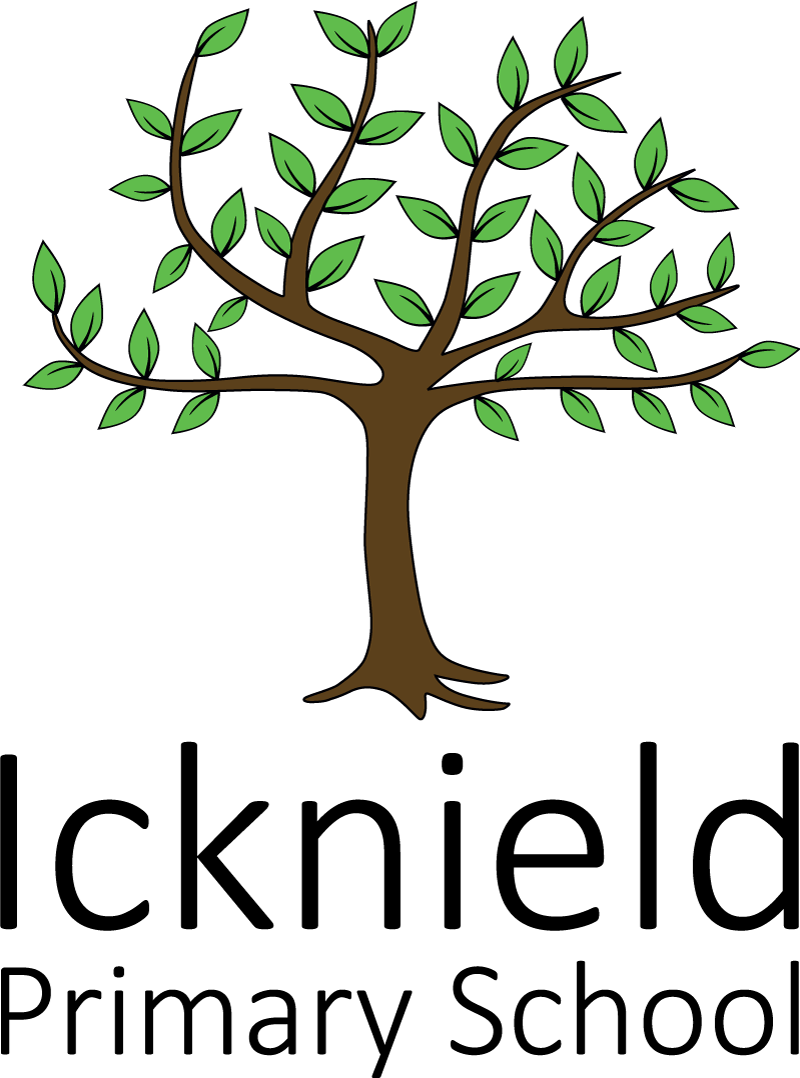Music
Music
Intent
We aim to provide our children with a range of musical experiences so that they can develop a love for music and value its worth. This includes listening to different genres, musicians and composers so that children can identify music they love. They will develop an understanding of the mental health benefits that music can provide. Children will experience playing a variety of instruments and perform using body, voice, untuned and tuned instruments, reading simple music. There will be opportunities to create their own rhythms, music and songs. All children will do their best so that they achieve and are challenged to push themselves further.
Implementation
At The Icknield Primary School, we use Charanga, the online music platform for schools, to implement our music curriculum (using many visual aids, interactive resources and a class set of glockenspiels) from Reception through to Year 6. Charanga lessons are planned in sequences to provide children with the opportunities to review, remember, deepen and apply their understanding. The progressive nature of the themes within Charanga allows the children to build upon what they have previously learnt, while challenging them to develop and extend this knowledge to take their creativity to the next level.
The Scheme supports all the requirements of the National Curriculum. In line with the curriculum for music, Charanga incorporates an integrated, practical, exploratory and child-led approach to musical learning. Rather than using segregated learning objectives at the start of each lesson, the interrelated dimensions of music weave through the units to encourage the development of musical skills as the learning progresses through listening and appraising, differing musical activities (including creating and exploring) and performing. The Scheme is structured so that each unit of work comprises the of strands of musical learning, which correspond with the National Curriculum for music:
• Listening and Appraising
• Musical Activities (Singing, Playing instruments, Improvisation, Composition)
• Performing
Children have the opportunity to take private instrument lessons during school time, when a visiting teacher takes lessons once a week. Children also have the opportunity to become part of a rock band (on keyboards, drums, guitar or vocals), when a ‘RocKey Stageteady’ specialist visits to lead practice sessions during the afternoon on a weekly basis. Whilst both of these activities involve a fee, it is a priority of the school to offer a group of disadvantaged pupils the opportunity to participate.
Each year, pupils joining our Key Stage 2 choir take part in Young Voices, performing at the O2, London, to give them an opportunity to sing in a real musical performance. This is an inspirational experience that is intended to foster a deep love of music. The school choir also perform in school (at the school’s Christmas fayre) and at local community events (such as the village D-Day commemoration).
Music is also an important part of our school assemblies, with a devoted whole-school singing assembly once a week. Singing hymns and other songs also forms part of special occasions and such as our Remembrance assembly and at both the Key Stage 1 nativity and Key Stage 2 Christmas concert each year. A range of music is also played as the children enter and leave different assemblies, from a variety of artists and genres, to give the children time for reflection.
Impact
By the time children leave The Icknield Primary School, we expect them to:
• Talk confidently and passionately about music that they enjoy.
• Talk about the benefits of learning music (e.g. on mental health)
• Be able to explain about a variety of music genres, musicians and composers
• Be able to perform music skilfully, both individually and as part of a group
• Be able to create their own music, explaining the choices they have made
• Be able to talk about a range of music, giving considered reasons for their opinions on it.
• Have had an experience learning to play at least one music instrument with specialist teaching, with the opportunity to continue to learn this instrument if they wish to
• Have had the experience of taking part in a professional musical performance
• Enjoy singing as part of a group experience
Children’s learning will be assessed through:
Pupil voice, musical performance, class discussion, formative and summative assessment
